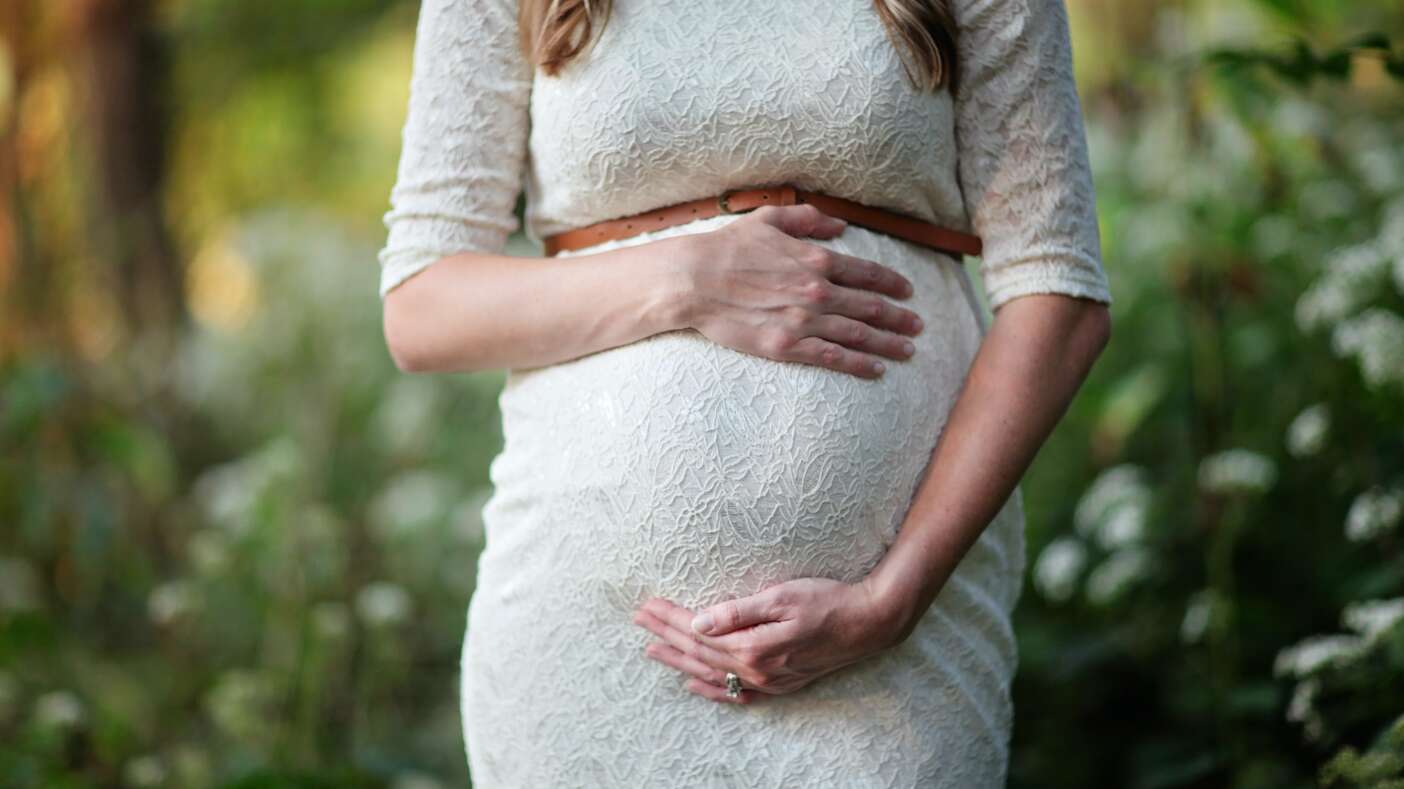I am committed to helping women effectively cope who are trying to conceive, and throughout pregnancy, postpartum and parenting.
I am a perinatal anxiety survivor that is honored to provide guidance, hope and a sanctuary for moms. A sanctuary where you begin to recognize that
your thoughts and emotions are common and that you are not alone on this journey.
Tree of Tranquility offers therapy to women who are experiencing mild to moderate perinatal depression/anxiety, birth loss, birth trauma, grief, or unfamiliar and uncomfortable psychological changes associated with pregnancy, parenting, as well as those who need support during a major life transition.
Brief Information from Postpartum.net:
- Postpartum Depression is the most common medical complication of childbirth.
- 1 in 7 Moms and 1 in 10 Dads suffer from postpartum depression.
- Symptoms can develop anytime from pregnancy up until your baby’s 1st birthday.
- You didn’t do anything wrong to cause yourself to feel the way you are feeling.
- While Postpartum Depression, or PPD, is becoming more and more well-known, the term does not adequately convey the fact that there are several other mental health disorders that can effect a new mother. For this reason, the term Perinatal Mood and Anxiety Disorders (PMADS) is being used.
Symptoms of perinatal depression and anxiety differ for everyone but may include:
- Feelings of anger or irritability
- Lack of interest in the baby
- Appetite and sleep disturbance
- Crying and sadness
- Feelings of guilt, shame or hopelessness
- Loss of interest, joy or pleasure in things you used to enjoy
- Constant worry
- Feeling that something bad is going to happen
- Racing thoughts
- Disturbances of sleep and appetite
- Inability to sit still
- And more..
These symptoms may develop at any point during your pregnancy or may appear within a year after giving birth. If these symptoms are left untreated, they may cause lasting negative health effects for both mom and baby. Any persistent feelings of irritation, anger, sadness, or worry that last beyond the first 2-3 weeks are a good reason to seek help.
Perinatal Anxiety & Depression Counseling
- Learn why you respond the way you do, how those behaviors serve you and work to identify new options to respond that help you work toward your individual goals.
- Evaluate thoughts and feelings and then link action to your values and beliefs.
- Set goals and use coping skills to overcome symptoms that are keeping you stuck and do not serve you.
- Explore coping skills to decrease symptoms so you can be more aligned with the parent you want to be.
- Learn education about anxiety and depression around pregnancy and after birth.
- Support for your unique needs through pregnancy and postpartum including advocating for your needs, learning about what to expect during pregnancy, birth and postpartum, setting boundaries by communicating what you are comfortable with to your treatment providers, communicating and strengthening your relationship with your partner.
- Learn to use interpersonal effectiveness skills to assertively communicate your needs, set boundaries with others to decrease anxiety and find where you have control.
- Support to work through any trauma and memories that may be triggered due to the vulnerable position you are in while pregnant, during birth and as a parent.
- Create a self care plan to help manage your emotions so you can be a positive role model for your own children.

